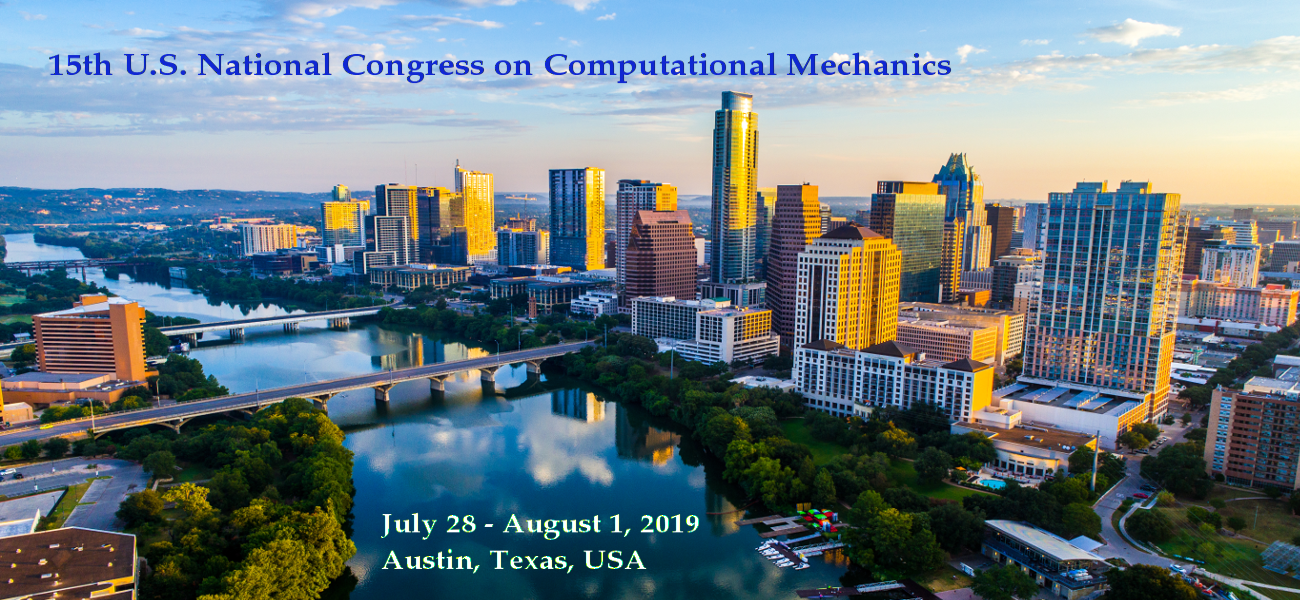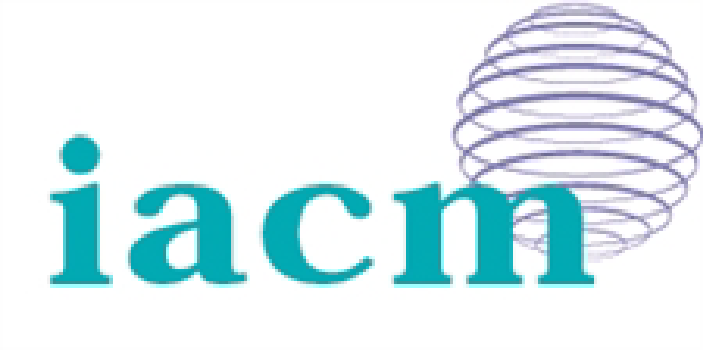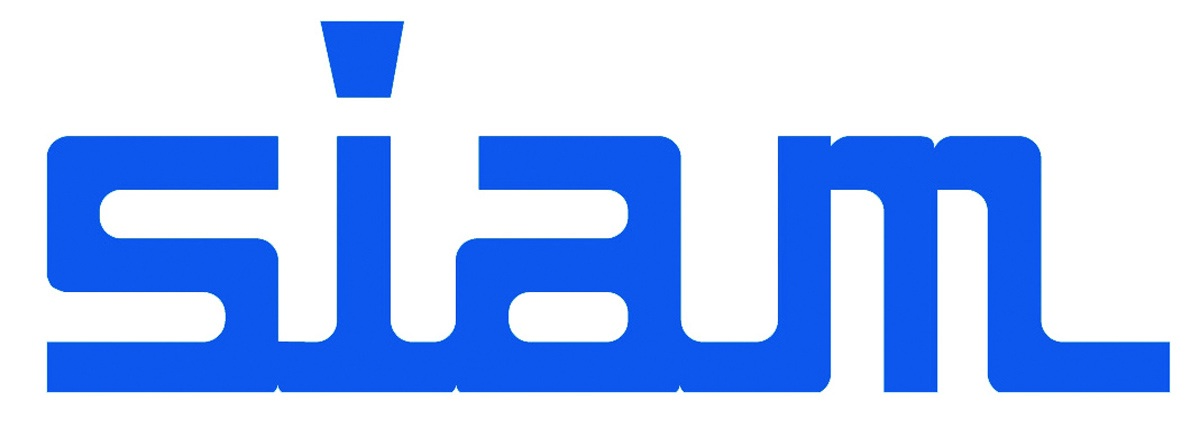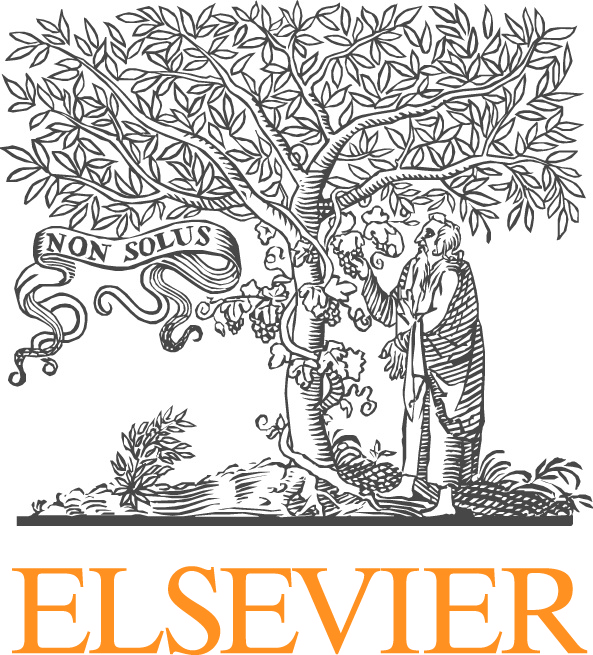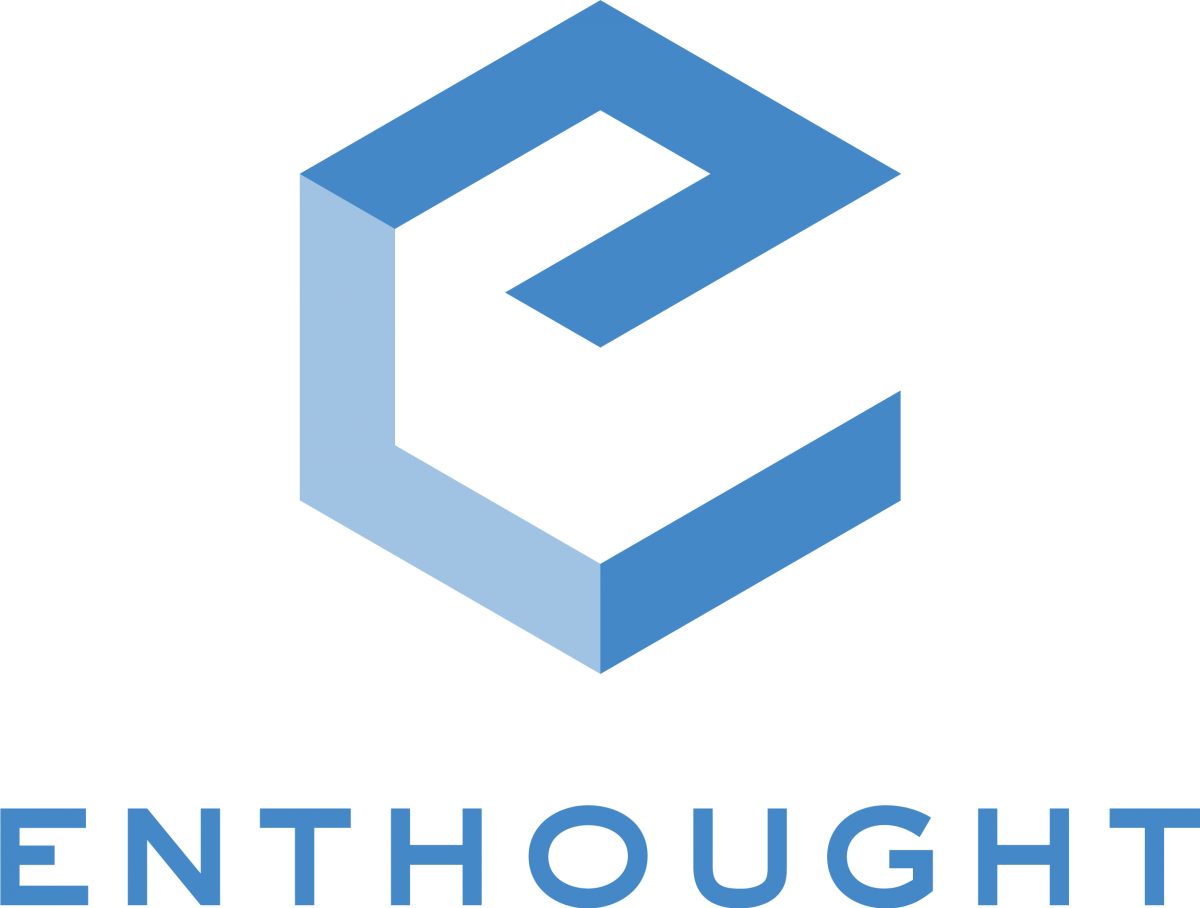Open-source C/C++ and Python communities have enabled exciting discoveries in physics including the Higgs Boson, gravitational waves, and the recent M87 black-hole images. In addition, the wide availability of DataFrame abstractions like Spark and Pandas, tensor libraries like NumPy, and the growth of scalable computing enabled the accessibility of "big-data" processing as well as the resurgence of neural networks with many hidden layers. Recent work has shown that the general non-linear relationships that "deep" neural nets can model can be used for "accelerated simulation" as well as even automatic physics discovery where the general model learns the underlying equations from the data. In this talk, I will review the power of open-source communities to rapidly innovate, discuss where this can break down and how to improve it as well as where this innovation in data-science and machine learning might benefit physics modeling and scientific discovery in the future.
